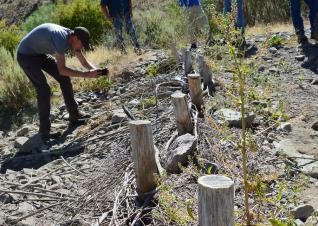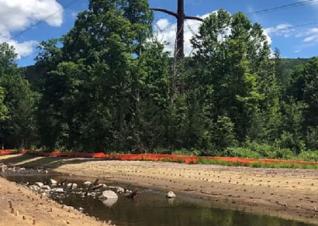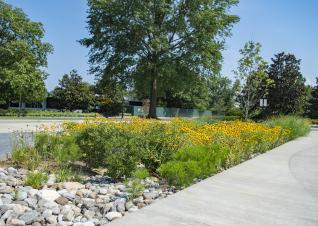Beaver management refers to a strategy of increasing beaver populations through beaver reintroductions, enhancing beaver habitat, and promoting human–beaver coexistence.
Nicholas Institute for Environmental Policy Solutions
Nature-Based Solutions Strategy Search
Other searches:
Find case studies →
Find tools and resources →
Nontidal wetland restoration is the rehabilitation of a degraded wetland so that its hydrology, vegetation, and ecological processes approximate, to the extent possible, the original natural condition prior to modification.
Strategies for urban stormwater and runoff management such as rain gardens, stormwater parks, permeable pavement, and bioswales are intended to reduce these issues by promoting water retention, infiltration, and evapotranspiration instead of runoff.



